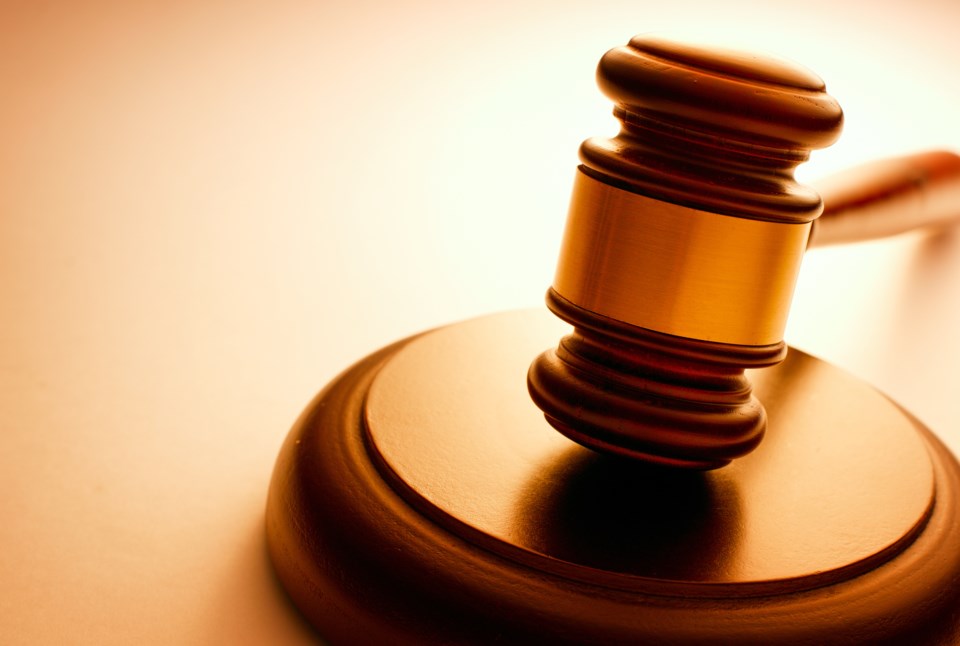As of this past Monday, anyone being charged with an offence under the Emergency Management and Civil Protection Act (EMPCA) will be required to identify themselves if asked by a provincial offences officer.
This temporary power was approved through an emergency order and applies to the inquiries of police officers, First Nations constables, special constables and municipal by-law enforcement officers.
“It is essential that measures are in place to allow provincial offences officers to lawfully require an individual to disclose their correct name, date of birth and address in order to protect our communities,” said Sylvia Jones, solicitor general the release.
“By providing provincial offences officers with this temporary power to obtain identifying information under the EMCPA, they will be able to enforce emergency orders during these extraordinary times.”
Emergency orders currently in place include the closure of non-essential businesses, prohibiting organized public events and social gatherings of more than five people and stopping price gouging on necessary goods.
Failing to comply with any of these emergency orders is an offence under the EMCPA and will result in additional penalties to those issued for misidentification.
The initial fine for breaking an emergency order is up to $100,000 or up to one year in prison, $500,000 for the director of a corporation, or $10,000,000 for a corporation.
Failing to correctly identify oneself in compliance with an order made under the EMCPA carries a fine of $750 or $1000 for obstruction if a provincial offences officer issues a ticket.
